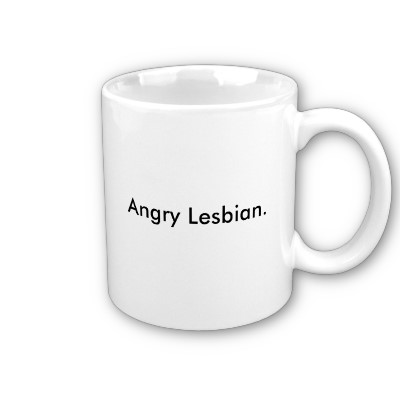But in my fight for "diversity", I've often found myself pigeon-holed into choosing on one fight -- the "people of color" fight -- over others (sexism, immigration etc), and losing critical ground on those other fronts as a result.
-
-
Uncategorized
03/25/10 – Leveraging Social Media to Create Social Change – Simmons Institute for Leadership and Change – Boston, MA
-
Uncategorized
03/20/10 – Sex & Gender in the City: From Lesbian Feminists in the 70\\\’s to LGBTQ\\\’s in the 21st Century – Wheelock College – Brookline, MA
-
A Rant — The Ugly Business of Good Social Causes
I really wish the LGBT and non-profit industry in general would stop hiding behind "good causes" and own their mistakes/shortcomings so we can all move forward.
-
Glad about GLAD’s Inclusive Outreach for Annual Winter Dance Party
I wasn’t even supposed to blog today — it’s so nice outside, and I don’t know how long this sun will last so I gotta make this quick. I cannot contain my excitement, intense feelings of hope, and pride in my community as GLAD’s Annual Winter Dance party gets a…
Online rulet oyunları gerçek zamanlı oynanır ve online slot casino bu deneyimi canlı yayınlarla destekler.
Bahis sektöründe adından sıkça söz ettiren Bettilt kaliteyi ön planda tutuyor.
Adres engellerini aşmak isteyenler için pinco casino bağlantısı çözüm oluyor.
